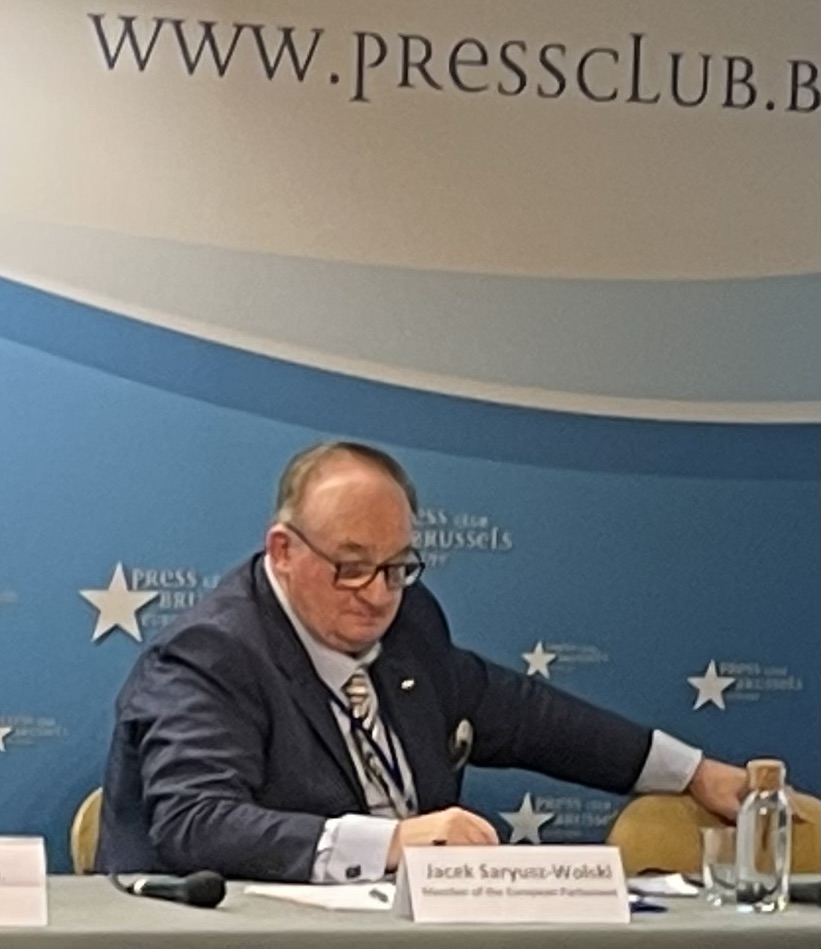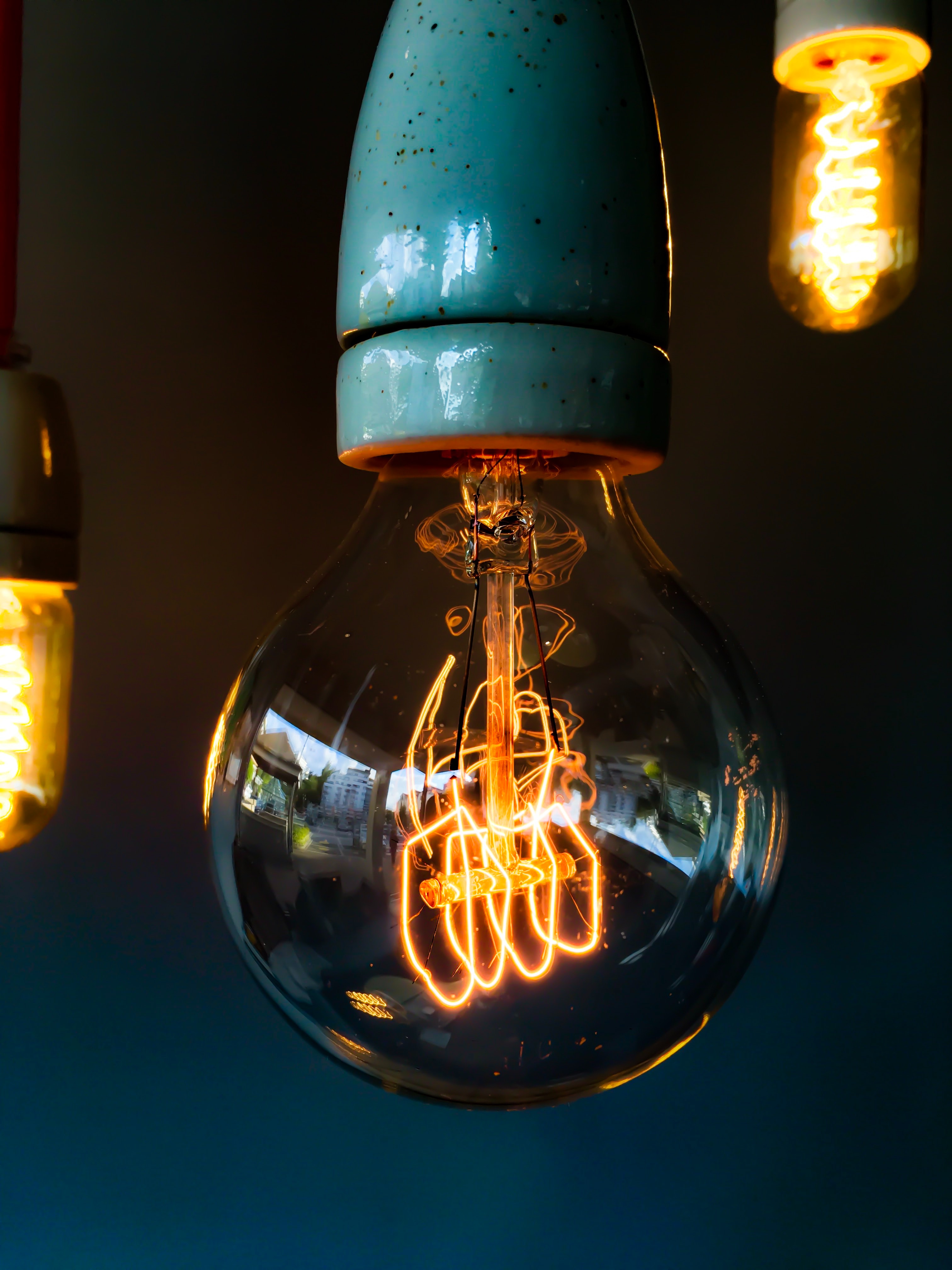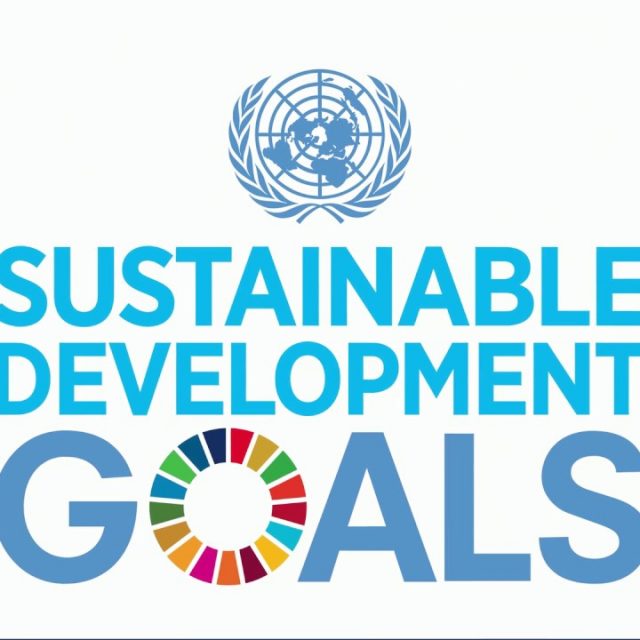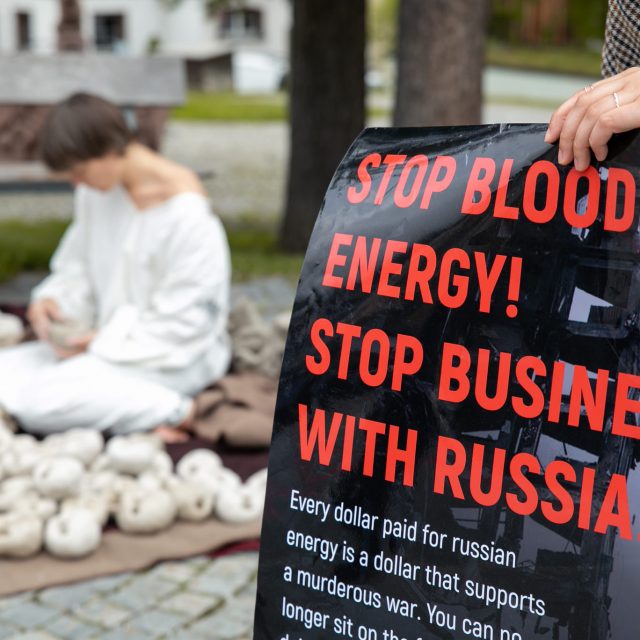Photo by Christian Dubovan on Unsplash
A high-level debate on the EU’s future energy policy was told that the Union urgently needs to diversify its supplies in order to become less dependent in the future on Russia gas and oil.
The event on Tuesday comes as the war in Ukraine rumbles on and with ever growing concern about the scale of EU energy dependency on Russian energy.
The two-hour conference brought together a panel of energy experts to debate how best to devise a comprehensive energy strategy for the EU that relies neither on short term electoral priorities of its member states or threats from “unreliable” suppliers such as Russia.
The event was also particularly timely as, just last week, the European Commission proposed detailed rules to define what constitutes renewable hydrogen in the EU, with the adoption of two Delegated Acts required under the Renewable Energy directive.
Speakers at the event explored the EU’s long-term strategic energy objectives and economic well-being. But it covered a broad range of issues which also touched on “outside influences” when it comes to energy policy.
The event, on “European Energy Strategy”, was organised by the Hydrogen Institute together with GPF Geopolitical Futures.
It heard that Russia’s invasion of Ukraine and President Putin’s failed attempt to weaponise energy had triggered ad-hoc reactions from EU member states that has flagged up the lack of a coherent unified energy strategy for the EU.
Europe’s energy transformation to wind and solar has remained intact but critics of renewables argue that these may undermine the EU’s economic well-being, make electricity extremely expensive, industries less competitive and force some poorer citizens to choose between heat, food and medication.
A perceived lack of EU-wide cohesion suggests that Europe has conflicting policies concerning investment in renewables, nuclear power, hydrogen, coal, oil, and gas, it was said.
The debate at Brussels Press Club included Professor Alan Riley, Member of the Advisory Council to the Ministerial Council of the Energy Community, and non-resident Fellow of the Atlantic Council’s Global Energy Centre.
He said, “The EU is very diverse, remember, so one of the problems with the EU’s energy policy is that creating a uniform energy structure is difficult. You can use wind for energy in some member states such as Norway but in other countries, Belgium, for example, it is more tricky.”
“What is clear, though, is that the British have been more effective in cutting CO2 than, say Germany, despite all German talk of energy change.”
The professor added, “The problem with the whole renewable strategy is that it is designed in rich countries which these can afford. If you are from these rich countries, it is easy to afford but there is a rich poor divide on energy strategy in Europe.”
On current policy, he said, “The argument is that we will end up with a more reliable energy system but, in fact, it may end up as more expensive and less reliable.”
Riley also touched on the influence others bring to bear, saying, “There are a large number of NGOs involved in the energy field in Europe but there is also a huge problem with what you might call less legitimate influences who are operating in the Brussels bubble with China and Russia,” he said.
Another speaker, taking part virtually, was Antonia Colibasanu, a senior analyst with Geopolitical Futures, who said, “We cannot hope to become fully independent on energy supply but we can be less dependent on vulnerable sources. For example, Norway is growing its energy supplies and Azerbaijan and Qatar are growing their energy supplies to the EU.”
“What we have to do is to think about ways of raising our own energy production, both in terms of infrastructure and sourcing our own supplies. I am thinking of reserves of energy that have not yet come on line from places like the Black Sea and Romania, plus we have to look at making coal as clean as possible. This is all needed because the problem with renewables is that we did not really and truly make them an alternative.”
“As much as we all would love for the EU to save the world we cannot save ourselves with renewables alone. We must have an emergency plan to work out both alternative energy polices and also on what we consume.”
She added, “I have to question our obsession with having everything that is greener. I believe it shows that we need to change what we thought would work in terms of renewables and in getting our own energy supplies on line.”
“But I agree that, on energy, there is a big gap between the classes which will grow. The developed countries can achieve better levels of going greener and this gap is growing because of the energy crisis.”
“It is an emergency and this raises the question of what member states will do to protect their citizens? What are we doing to support current restructuring?”
She noted, “We have not had the energy supply problems we expected this winter because we have had a good winter, weather wise, but going forward if the polarisation we speak about here puts pressure on governments and we don’t tackle this as a common crisis we are likely to see a price that will affect the politics of the EU.”
On the issue of “outside influences,” she said, “There are those who believe we have to go greener because of climate change. For some it has become a religion. We can debate if this is a natural process or influenced by outside actors.”
Also taking part was senior Polish centre right MEP Jacek Saryusz-Wolski, a former Polish government minister.
On the issue of energy policy and sanctions against Russia, he said, “We should have followed different policies so it is our fault to be so late and so wrong.”
“The energy policy of the EU is, in its own way, as misguided as Russian policy and is based on false assumptions. It neglects the EU’s security and I myself warned first of this back in 2006 when the energy taps were closed from Russia to Ukraine. I produced a report in 2007 on the issue and it was prophetic: everything we said then about energy being used a weapon came true. This is why we are at war in Ukraine and this is partly the fault of EU energy policy which is a Franco-German led policy, dominated partly by greed and the geo political dreams of the French.”
The deputy added, “It is an old story. Some of us were not listened to in the past and a war ensued as a result of this. If Ukraine is in danger of losing this war because of delays in deliveries (of weapons) it is due to the same type of thinking. Still, they do not listen. We should have delivered these things, for example fighter jets, much sooner but it is France and Germany who are blocking it.”
He added, “What they are saying now (about deliveries) is too little too late. The war is a price of a flawed energy policy and false assumptions.”
“I accept that looking at who is guilty will not do much now but we have to realise that security policy is related to energy policy.”
“Russian energy policy though is evolving but EU energy policy is continuing as if nothing has happened.There is no policy revision or a political will to revise the policy.”
“I am, ironically maybe, standing rapporteur in the parliament for energy policy but I seem to be saying things to the deaf.”
He added, “We should change energy policy by changing our energy mix to one that makes us free of future energy blackmail as happens today with Russia.”
“For some this means going back to coal but this shift in policy will be necessary for years to come despite the EU’s dream of saving the planet.”
He also touched on possible outside influences on energy policy and alleged “At least half of the green lobby in Europe has been motivated by Russia and we should take this and strategic corruption of our energy policy into account.”
He claimed, “Half of Green policies are, I believe, due to foreign influence and financing. I have over the years seen so much proof that Green NGOs are paid by Russia.It is obvious that it is not a question anymore. Half are, yes, motivated by noble idealistic convictions which are perfectly respectable but some are subject to foreign influence.”
On the role of solar energy, the MEP said, “We have outsourced everything but we have huge gas assets,for example in the Netherlands, which could replace Russian gas but the Dutch say no to this because they are Green to the bone – or they just choose to keep it for themselves.”

“There is a space for a more diverse energy mix including coal and gas from our own sources in Europe.”
Jacek Sarysz-Wolski
“This includes nuclear and there are also sources of energy from the oceans which is something that is not yet exploited. There are among the options but it needs the political will.”
He went on, “The irony of all this is we are building up a non-sustainable, not a sustainable, future. What we are doing is a joke in the name of an ideological obsession including global warming which is not 100per cent certain.”
The new rules on energy outlined by the commission a few days ago define which conditions hydrogen, hydrogen-based fuels or other energy carriers can be considered as an RFNBO.
The EC said it is necessary for the fuels to be counted towards Member States’ renewable energy target. They aim to provide regulatory certainty to investors as the EU aims to reach 10 million tonnes of domestic renewable hydrogen production and 10 million tonnes of imported renewable hydrogen in line with the REPowerEU Plan.
Event organisers, the Molecular Hydrogen Institute (MHI), is a non-profit scientific organization consisting of professors, researchers, and other prominent academics and the foremost authority on the science of molecular hydrogen. GPF Geopolitical Futures, founded in 2015, is a Texas-based company which provides geopolitical forecasts.




